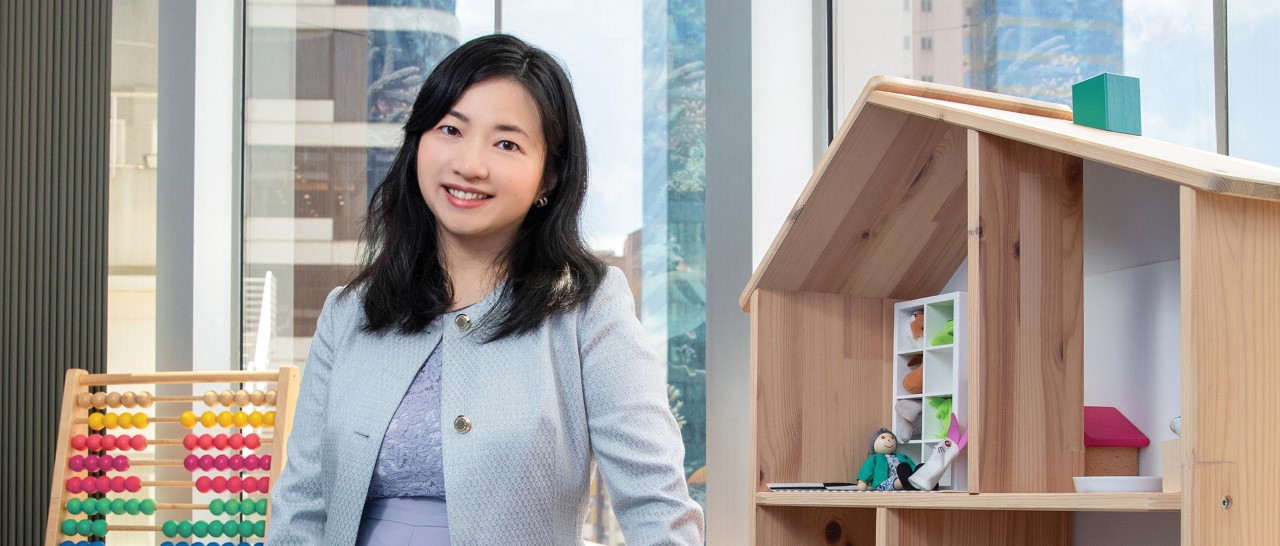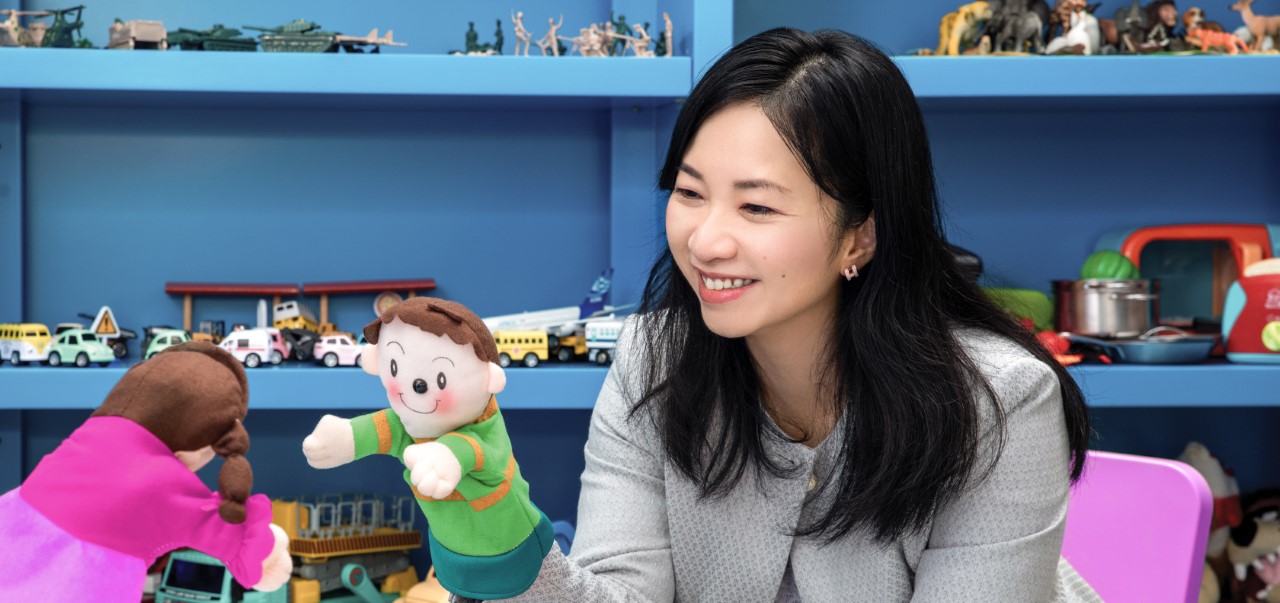Parenting insights from a psychologist
How should we spend time with our kids during COVID-19? When are they ready to study overseas? Should kids be taught differently at home than at school? Clinical psychologist Charlotte Tang shares her thoughts.

The COVID-19 pandemic of 2020 has been a major challenge for parents. Staying at home for days on end has necessitated a dramatic change in the way parents interact with their children. The world may be changing in ways that seem beyond our control, but staying positive is still the best way forward. To help parents make the most of the time they spend with their children during this period, Dr Charlotte Tang has shared her parenting insights with us. Her professional perspective reminds us that closely observing our children’s personalities is the first step to planning the best education for them.
Bonding with your children to uncover their potential
Working from home provides rare opportunities for strengthening your bonds with your children. And games are the best way to identify where their potential lies.Games are the best way to identify where the children's potential lies. Board games, IQ quizzes, group contests, sports, arts and crafts and even a little impromptu baking fun are all activities through which children can learn to be patient, communicate with others, and manage their emotions through dealing with winning and losing. Parents, on the other hand, can observe their children’s personalities and strengths up close. If your children appear to be artistically inclined, for example, you can give them some recyclable materials to encourage them to get creative. If they show a knack for cooking, give them safety tips and don’t worry about them making a mess in the kitchen. Children’s talents can be limitless. The more tuned in you are to your kids’ talents, the better you can plan their future education.
Knowing your children and the right time to send them abroad
Overseas education has always been a hot topic among parents. If, however, children are separated from their parents at too early an age, psychological issues could arise. Their sense of security might be affected, and there could be problems with their self-validation and peer relationships as well.
Generally speaking, it’s better for children to go abroad when they are in senior secondary school, because by that age they will have become more independent, have a more robust sense of self and are better able to make sound judgements about right or wrong. Of course, no two children are the same, parents should always be mindful of whether their kids are ready. How independent your children are, how well they look after themselves, handle adversity, deal with pressure from school and manage their emotions — these are all things that can give you a good idea as to whether they can handle the big transition.

Believe in what the school does
When choosing a school, remember that children are like sponges; they can soak up new knowledge with ease. Your focus should be on finding a school whose values you share. Whether you favour a traditional or non-traditional school, you should be aligned with the school’s approach to education and child development. Outside the classroom, make sure you teach your children in a way that’s consistent with the school’s method. When there is no contradiction between classroom and home, children won’t have to deal with conflicting values. That makes it easier for them to learn.
Life doesn’t always turn out the way we expect. As long as you can stay positive, however, and make the effort to understand your child’s world, you can still equip them with the right skills for taking on an uncertain future with confidence.
Dr. Charlotte Tang, clinical psychologist
Dr. Charlotte Tang has over 15 years of experience in clinical psychology. She received her clinical and internship training in the US, specialising in different aspects of psychotherapy for children and their families. After her return to Hong Kong, she has been helping patients step out from the shadows of depression, fear and anxiety.
